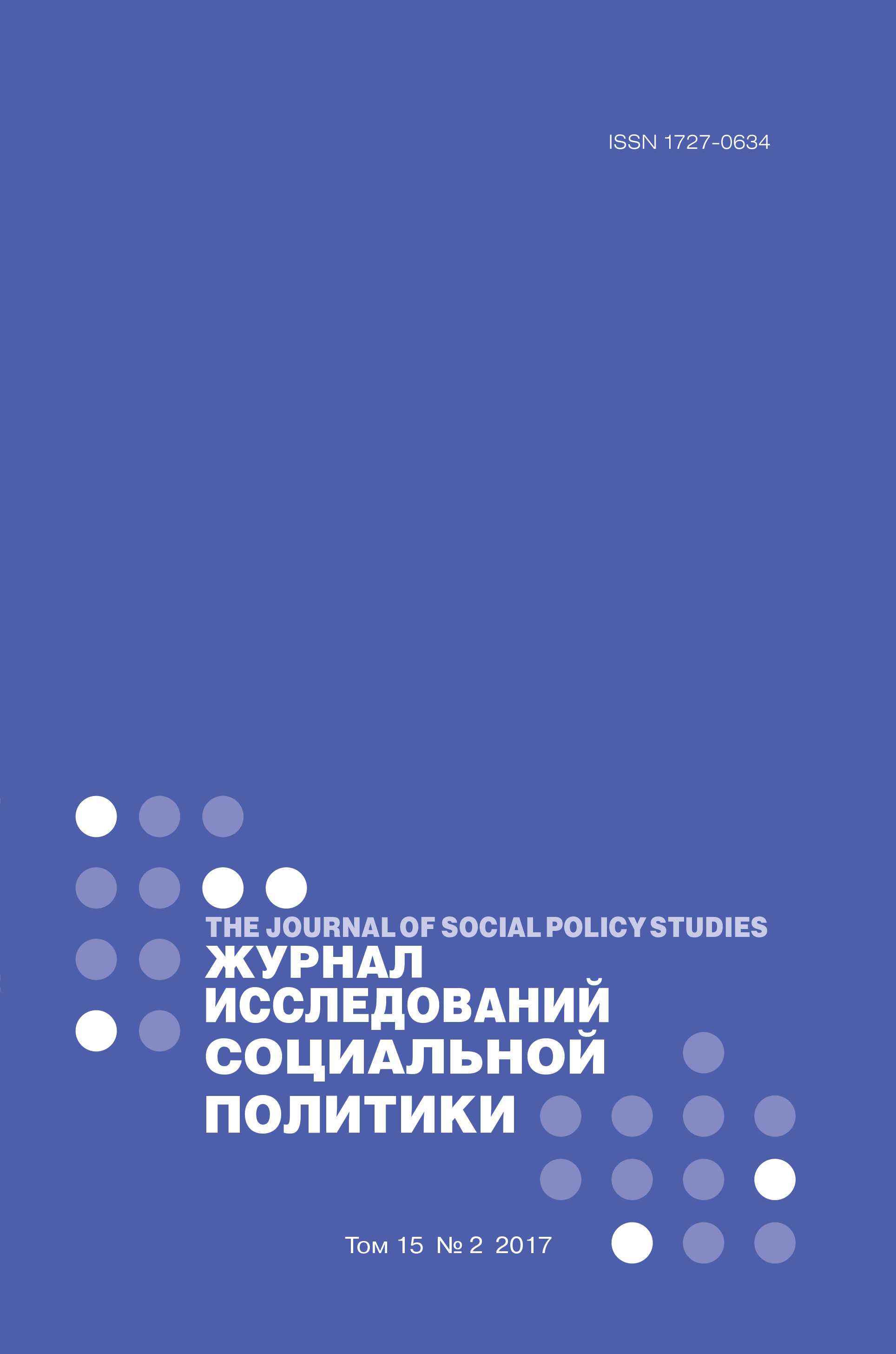The Micro-Politics of the Late Soviet Factory: A Common 'Eigen-Sinn' and the Struggle for Labor Discipline in the Case of the Vyborg Pulp and Paper Plant (1982–85)
Abstract
Mikhail Piskunov – PhD student at St. Petersburg Institute of History, Russian Academy of Sciences, Russian Federation. Email: mpiskunov@eu.spb.ru
This paper is devoted to the micropolitics of late-Soviet factory and employs the case of the Vyborg Pulp and Paper Factory in the mid‑1980s to shed light on the theoretical approaches of Alf Luedtke and Donald Filtzer, who adapted Harry Braverman’s labour process theory to soviet productive relationships. The failure of the Vyborg plant to meet plan targets led the upper management to follow Andropov-era policies in 1982–85 to raise labour discipline among workers. The upper management failed this task because of the passive resistance of plant line and shop floor managers. My main conclusion is what interfered with the objectives of the upper management most of all was the existence of a high level of autonomy between the key social-technological groups in the soviet enterprise. This elevated the role of low and middle level managers, and it was their intermediate position between workers and upper management that gave them such a strong influence. Sociologists such as Simon Clarke and Vladimir Yadov reached similar conclusions on the role of line and shop floor managers during research into the organization of labor within post-soviet factories during the market reforms of the 1990s. My research allows us to interpret this phenomenon as a consequence of specific Soviet productive relationships, which have not, in all likelihood, been fundamentally changed by Russia’s market reforms but even reinforced. Thus, the existence of forms of social inequality and power distribution within soviet industrial enterprises led to the distortion of Fordist (inspired by Taylor system) models of management, used by the Soviet authorities and the new industrial private owners alike. This explains the independent behavior of this group, a feature recognized by sociologists such as Simon Clarke in the 1990’s.















